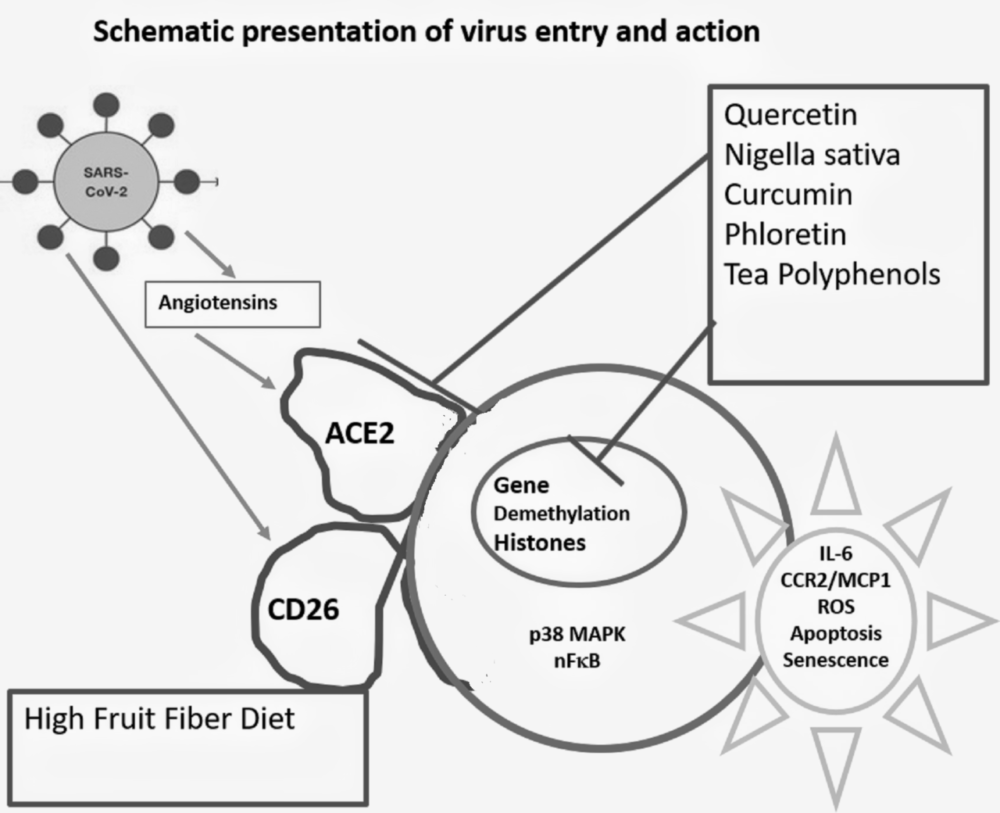Research fields. Concepts:
Complex human phenotypes and diseases are determined by genetics, epigentics, nutrition and the environment.
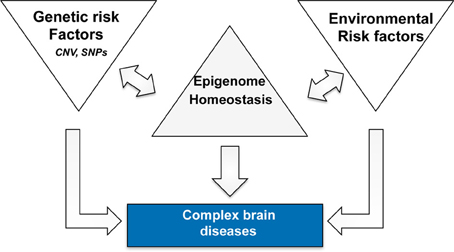
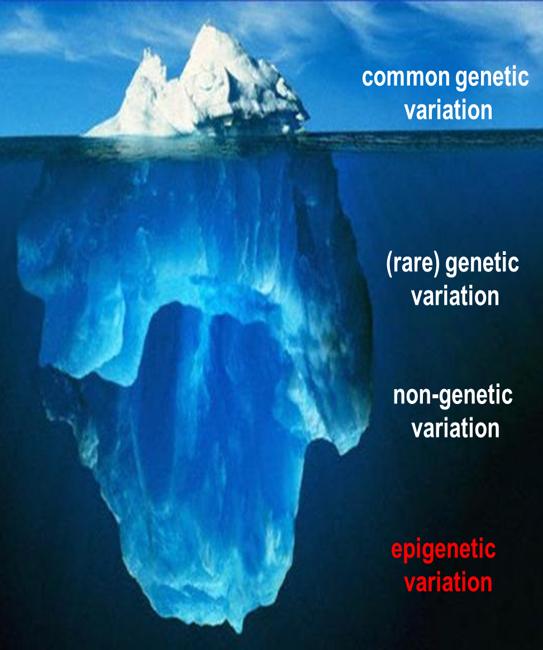
Epigenetics is regulated by three main mechanisms, CpG Methylation,Histone modifications, Interference DNA.
The methylation of the thousands of CpG sites in the genome reflects aging and DNA (in)stability and can be used as a biological clock.
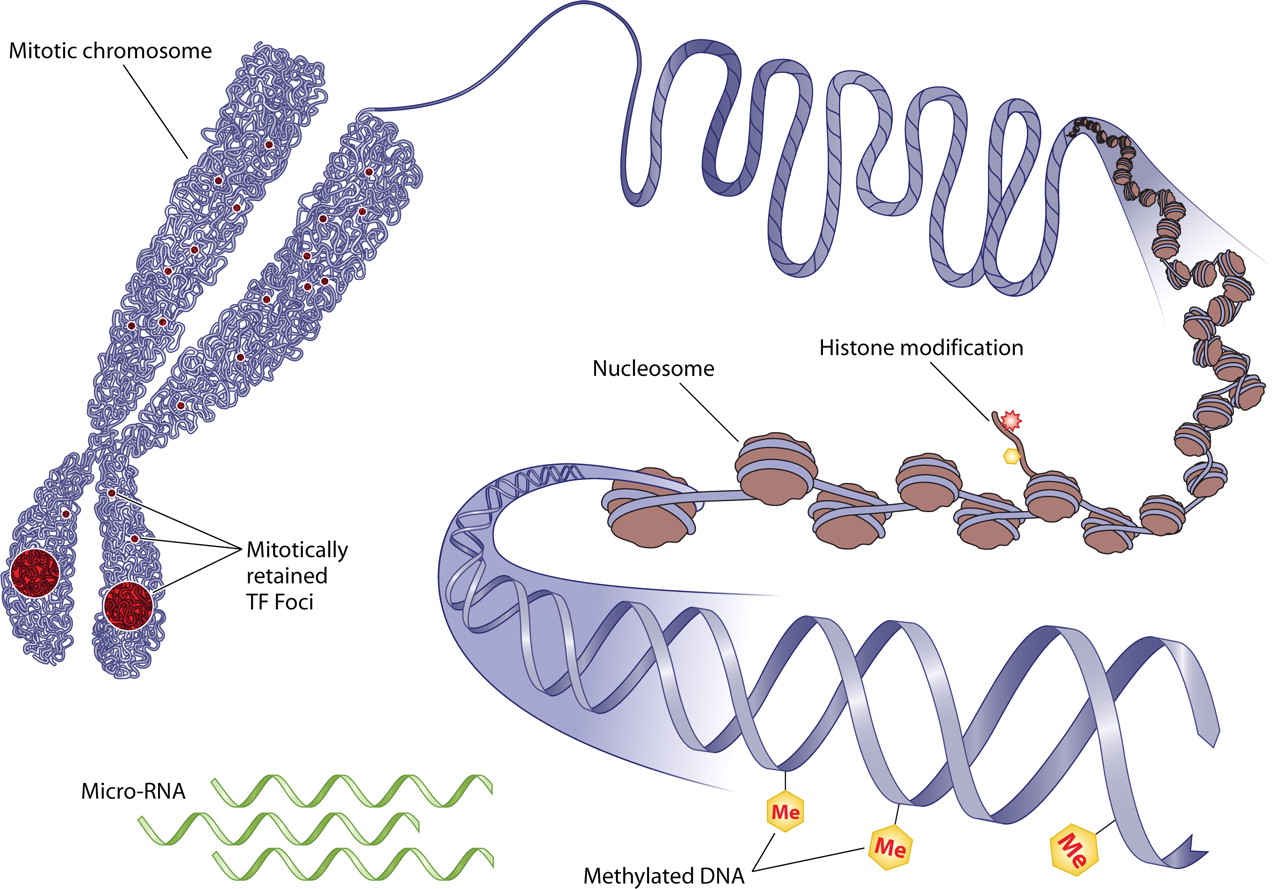
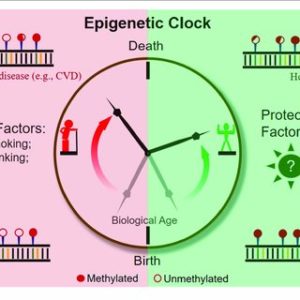
We think that nutrition affects basic human molecular function such as ageing, gut health, CNS -functions, oxydation, inflammation, DNA damage, DNA repair via the epigenetic system in two ways:
1. directly, by epigenetic and anti-oxidative effects of food ingredients
2. indirectly, by changing gut microbiota and their epigenetic active metabolites such as butyrate
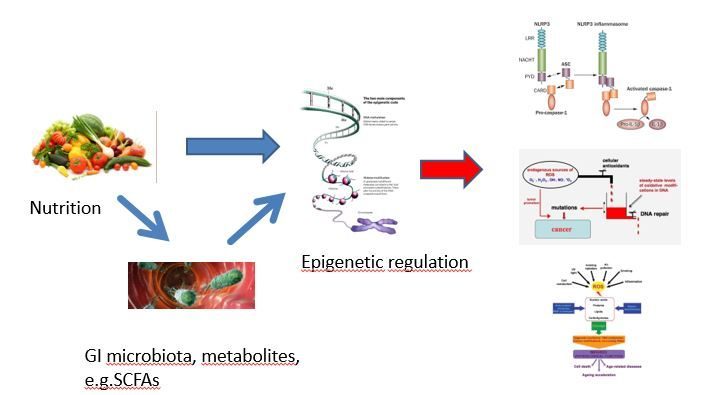
Interaction between GI microbiota, the gut, the immune system are of central importance for human health and healthy ageing
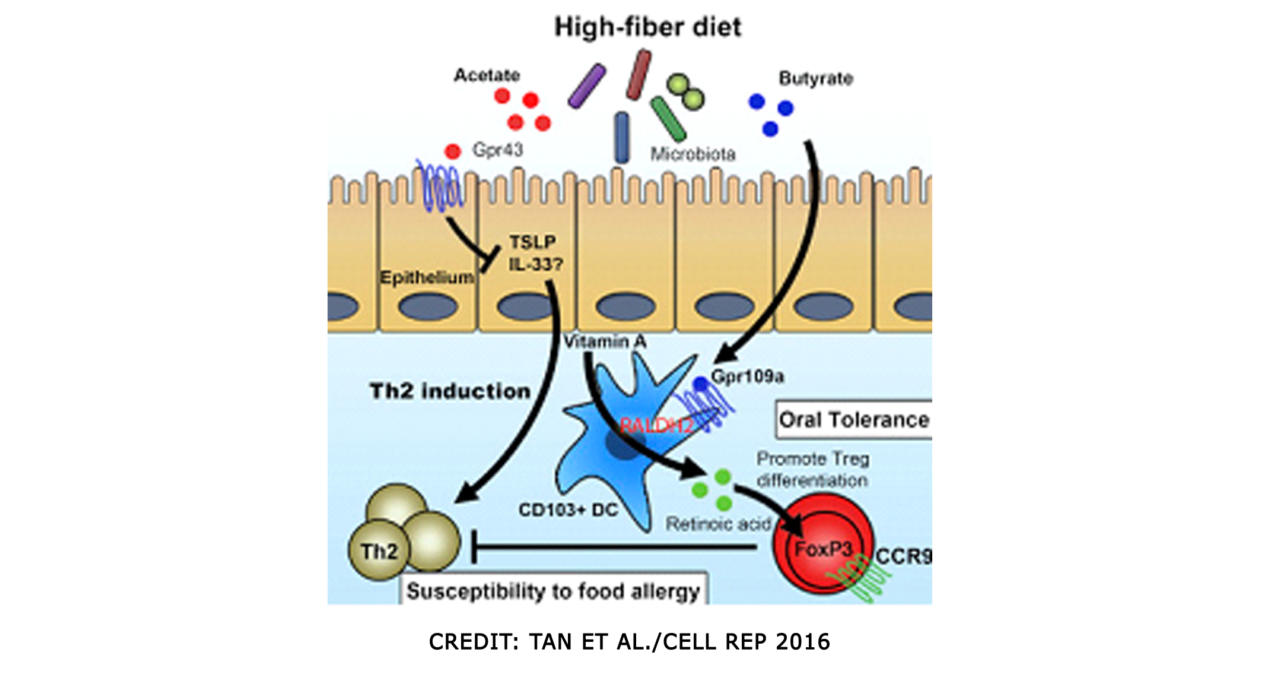
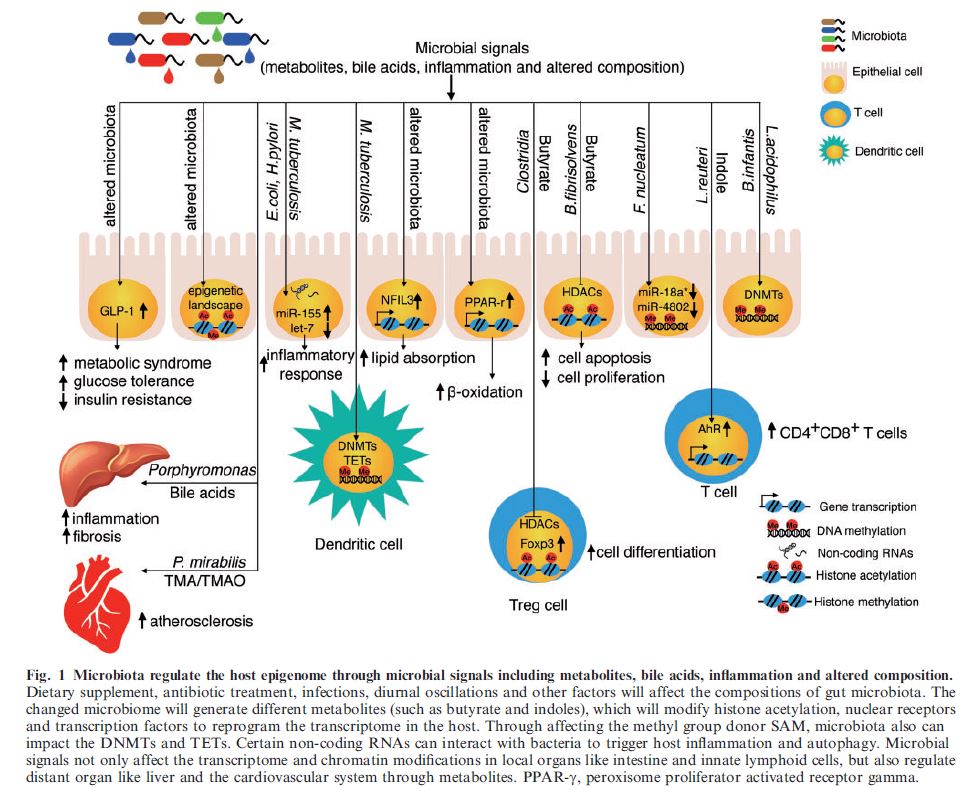
Microbiota structure and microbiota metabolites are main elemnts of the gut brain axis
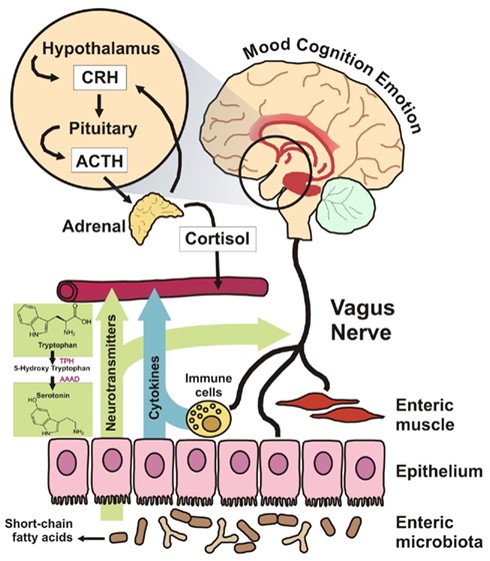
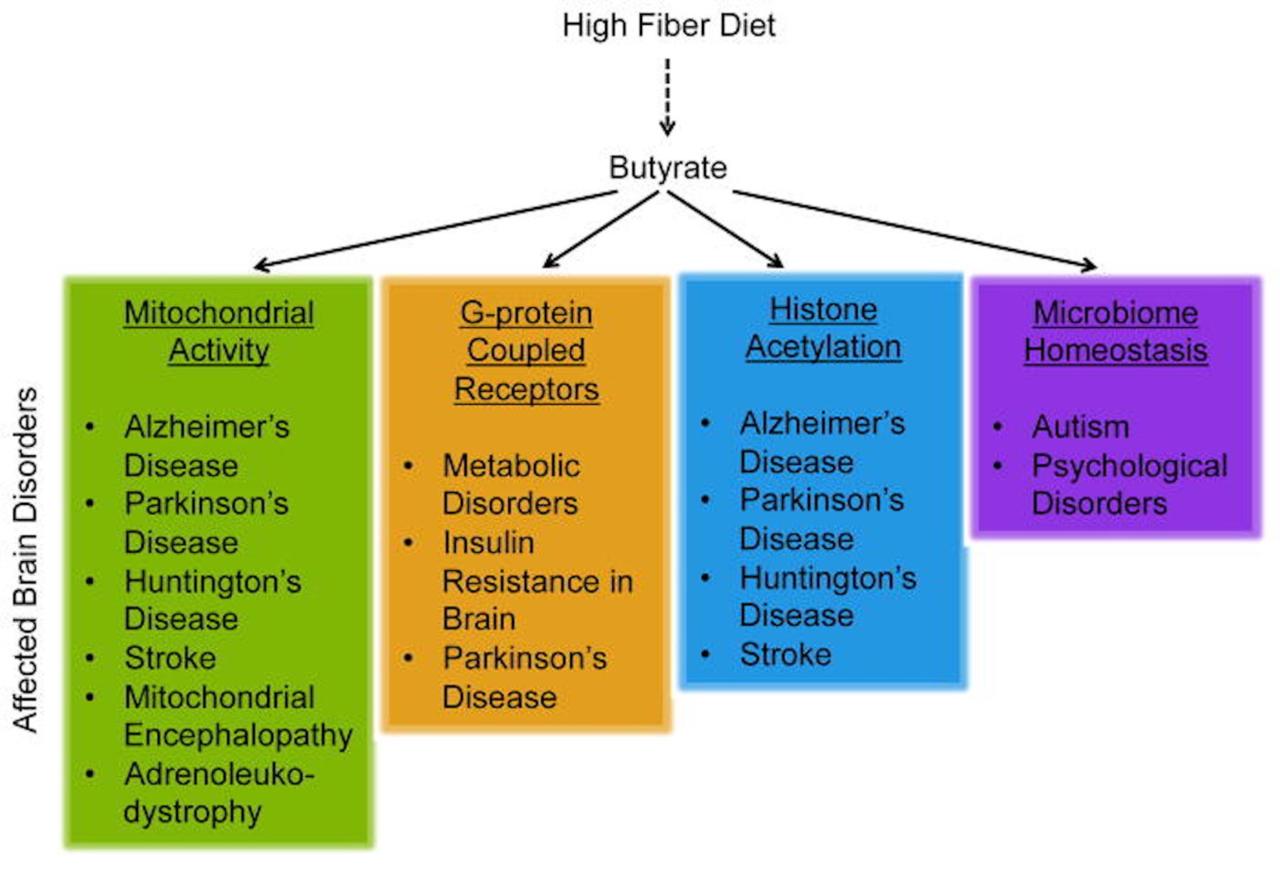
Epigenetic regulation of telomer attrition, anti-oxydative and inflammatory mechanisms, senescence, autophagy , DNA instability and DNA repair as well as inbalances of GI microbiota are of central importance for health and healthy aging.
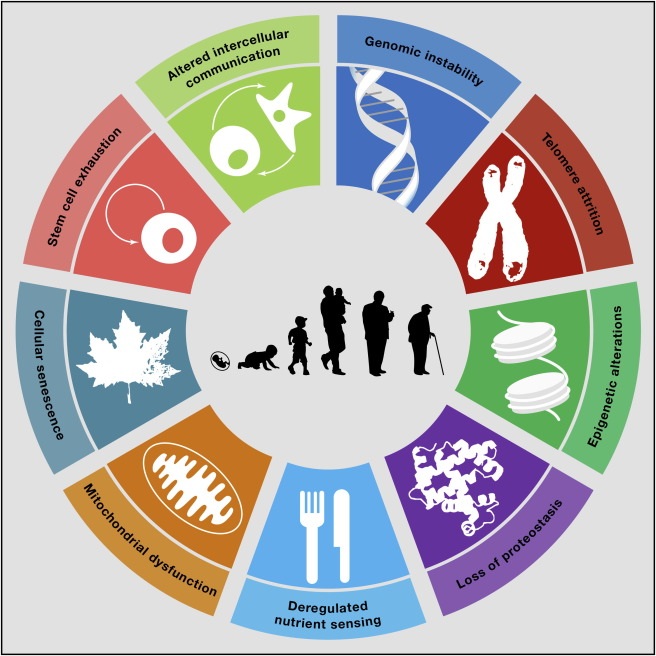
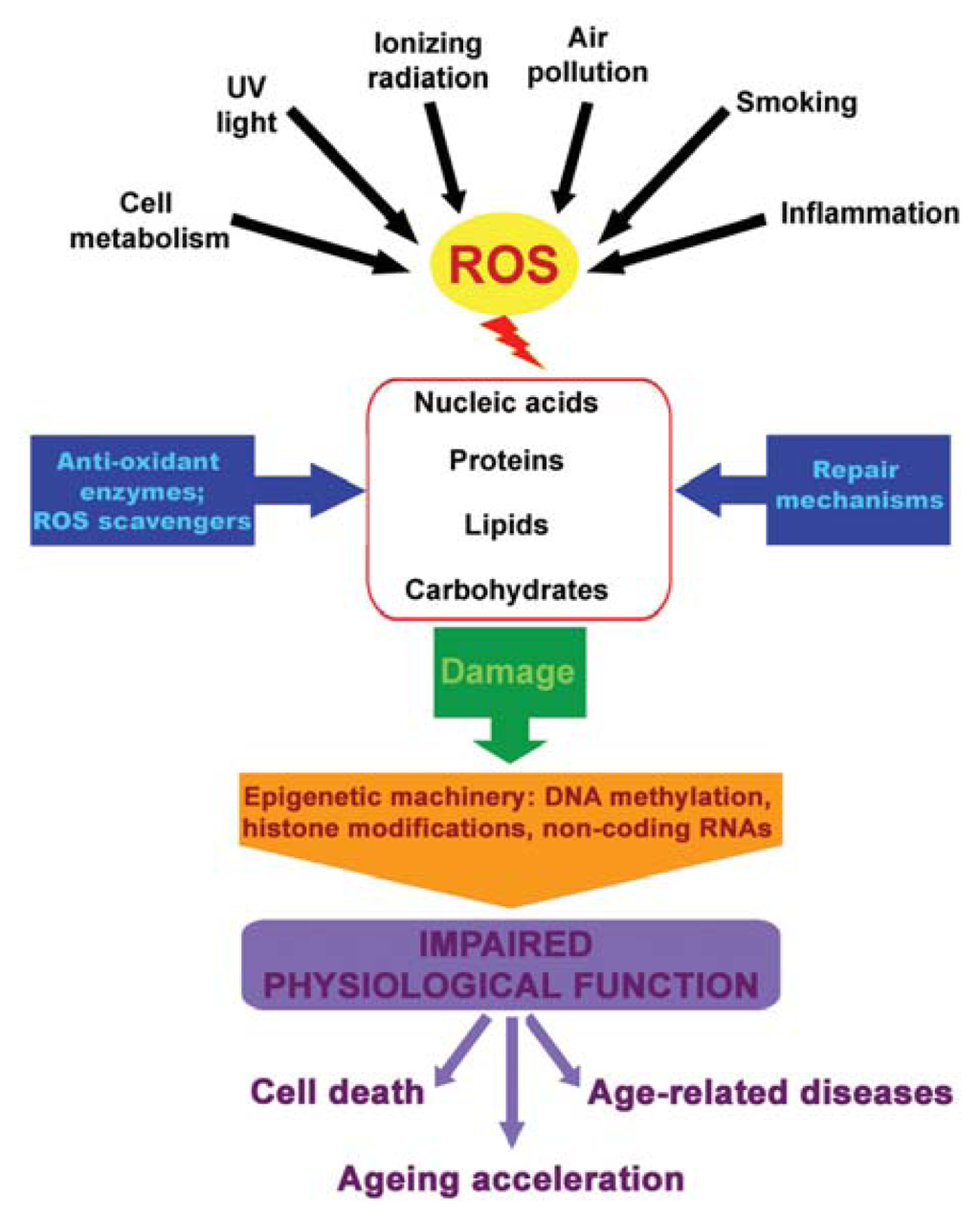
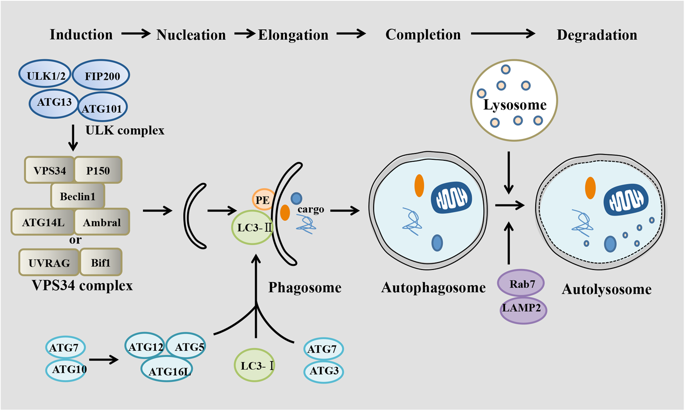
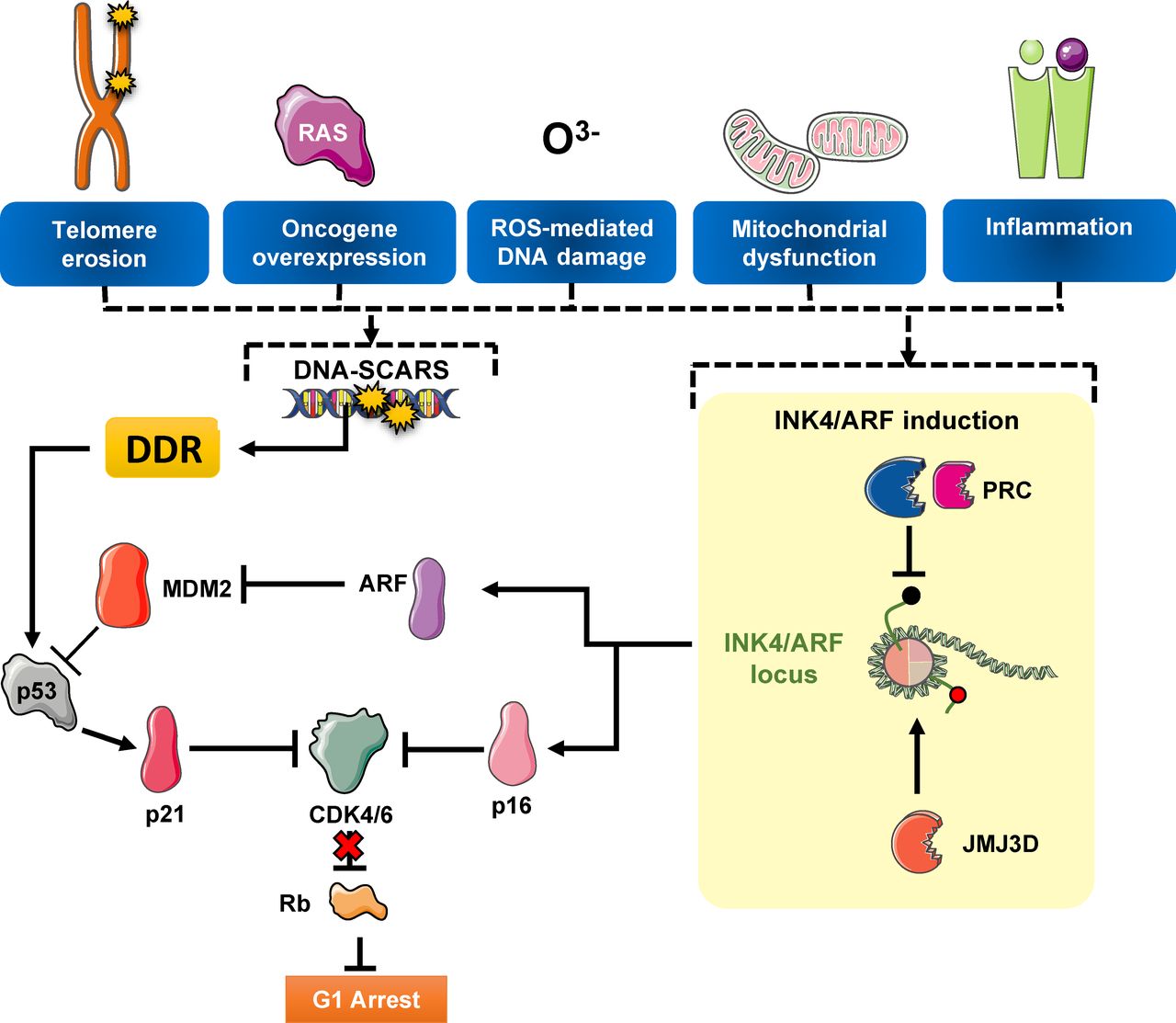
Autophagy is originally thought to suppress cellular senescence by removing damaged macromolecules or organelles, yet recent studies also indicated that autophagy promotes cellular senescence by facilitating the synthesis of senescence-associated secretory proteins.
Genetics such as SNPs, epigenetics, microbiota and life style contribute to an individual metabolism and the interaction with nutrition. Definition of metabotypes and individual recommendations fir nutrition and diests need to adrees all these elements. Unfortunately most commercial metabolic tests only look for genetic characteristics
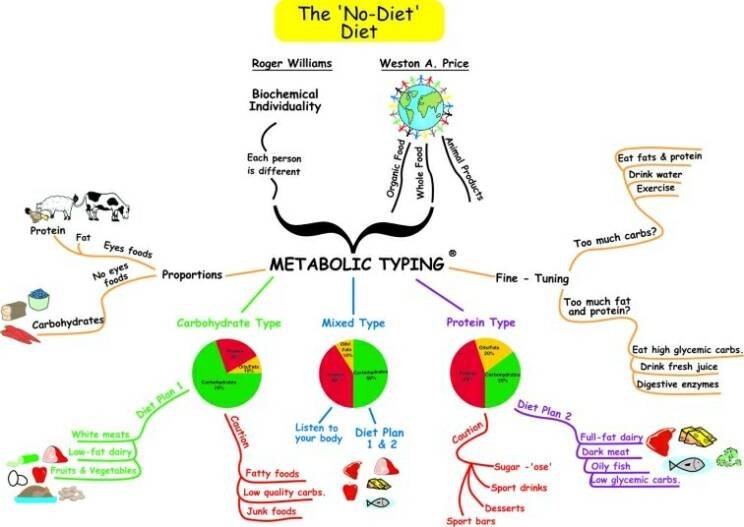
Fasting and biological active supplements address mechanisms which reduce premature aging, metabolic and cancerogenic hazards. Autophagy and removal of senescent cells which contribute to inflammation and DNA damage are of crucial importance.
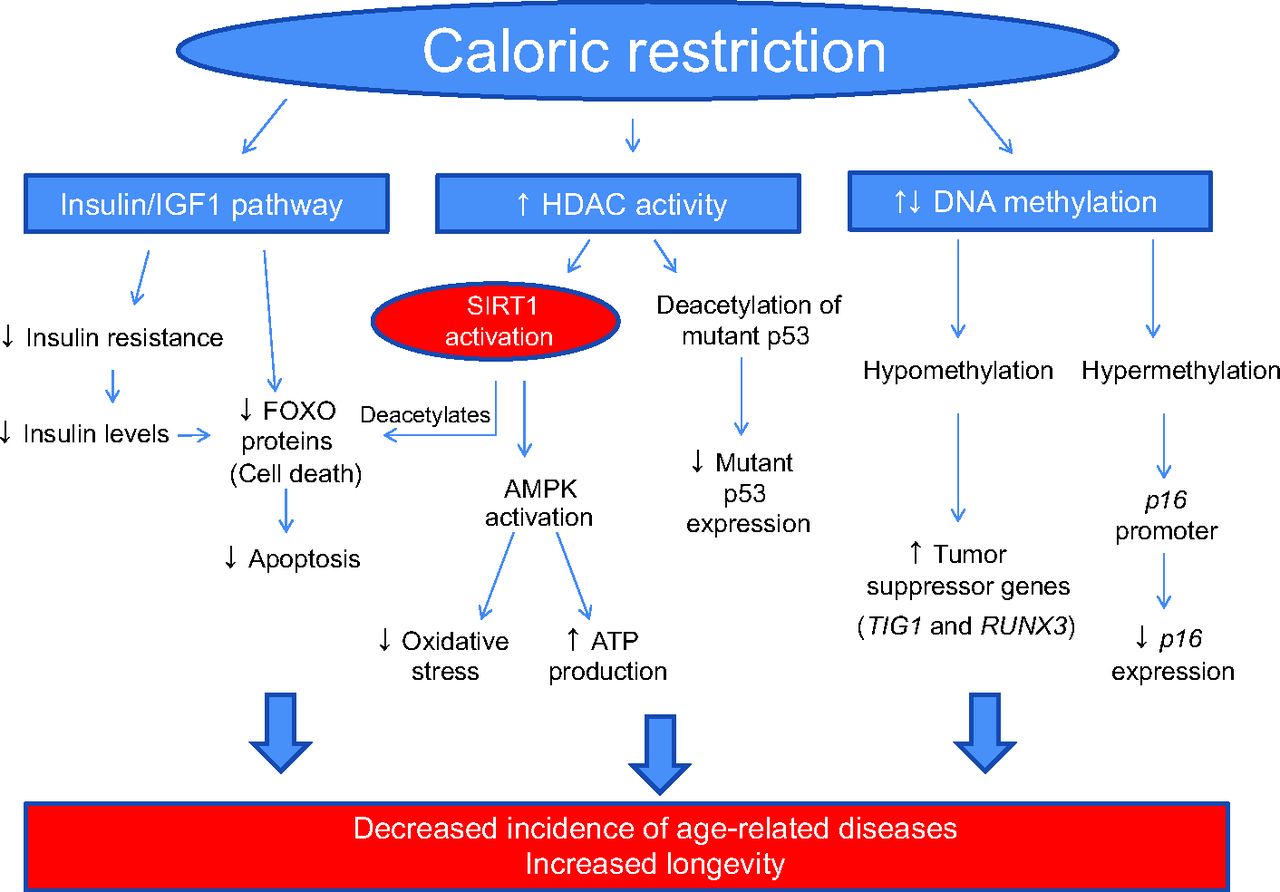
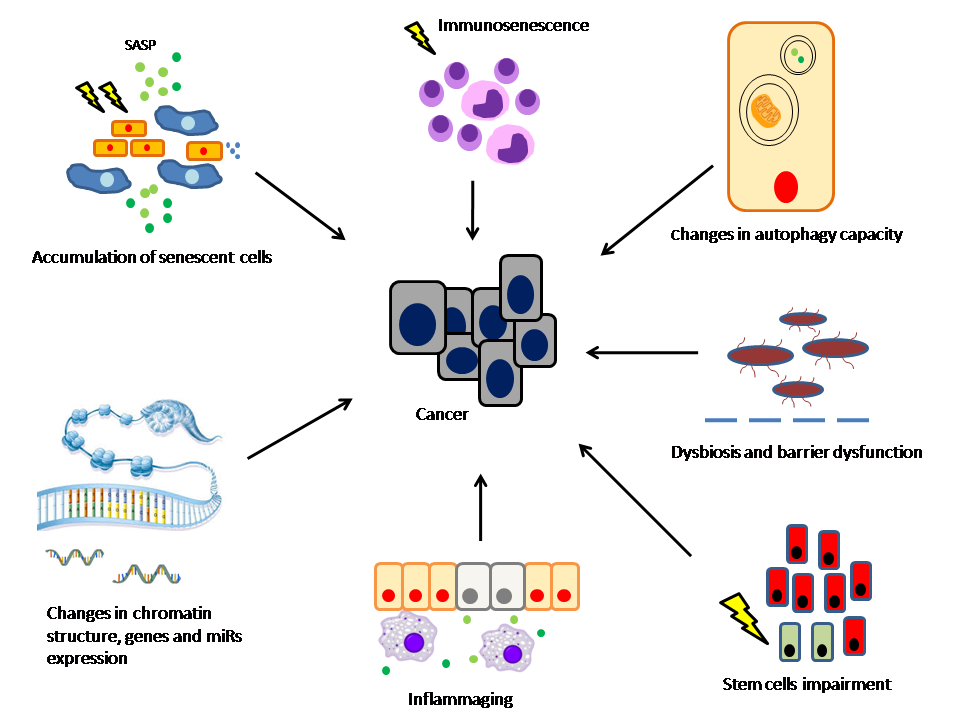
Epigenetic active plant ingredients and short chain fatty acids can contribuze to healthy aging but safety, stability and bioavailability is of crucial importance
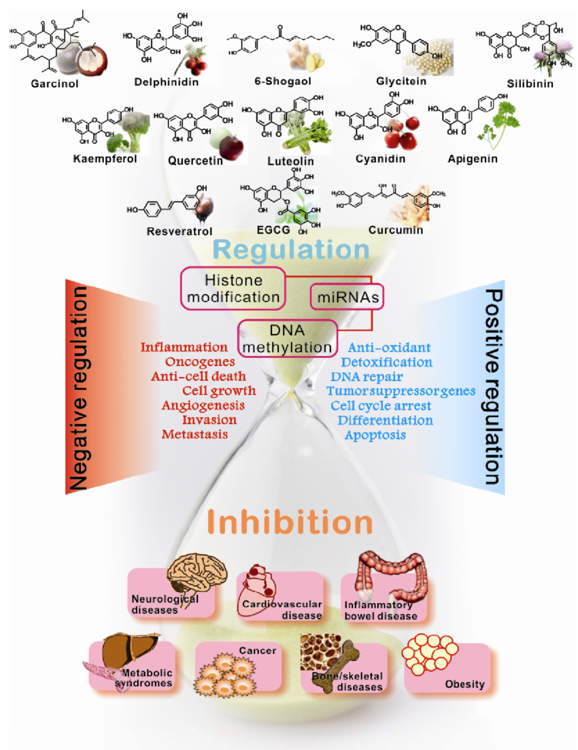
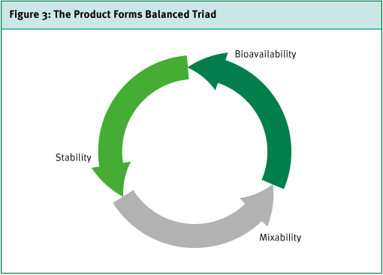
Health care will need to develop in a preventive individualised way

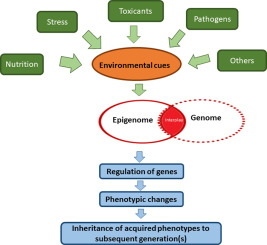
Our health is affected in countless ways by the environment we live in. In some cases this is more obvious – for example when we look at sooty air pollution – in others less so, like with endocrine-disrupting (EDCs) and other toxic chemicals which are used in many consumer products in our daily lives.
Especially agriculture and health are linked in many ways and with organic farming we see possibilities for improving both, environment and human health.
Factors from the social and natural enironment habe been shown to directly interact with basic mechanism of human health, especially the epigenetic regulation
Functional foods are effective in different personal situations. Presently prevention of COVID infections are of special importance. Following research obtained from the previous SARS and MERS outbreaks, we’ve gained knowledge about the mechanisms of bioactive plant ingredients against the attachment and replication of COVID-19 as well as overshooting immune responses. The receptors for SARS, ACE-2, and CD26 show associations with mechanisms that regulate human senescence. Several functional foods interact with the epigenetic regulation of viral infection and mechanisms of senescence. our review concentrates on the link between bioactive plant ingredients and their activities against mechanisms of viral infections.
